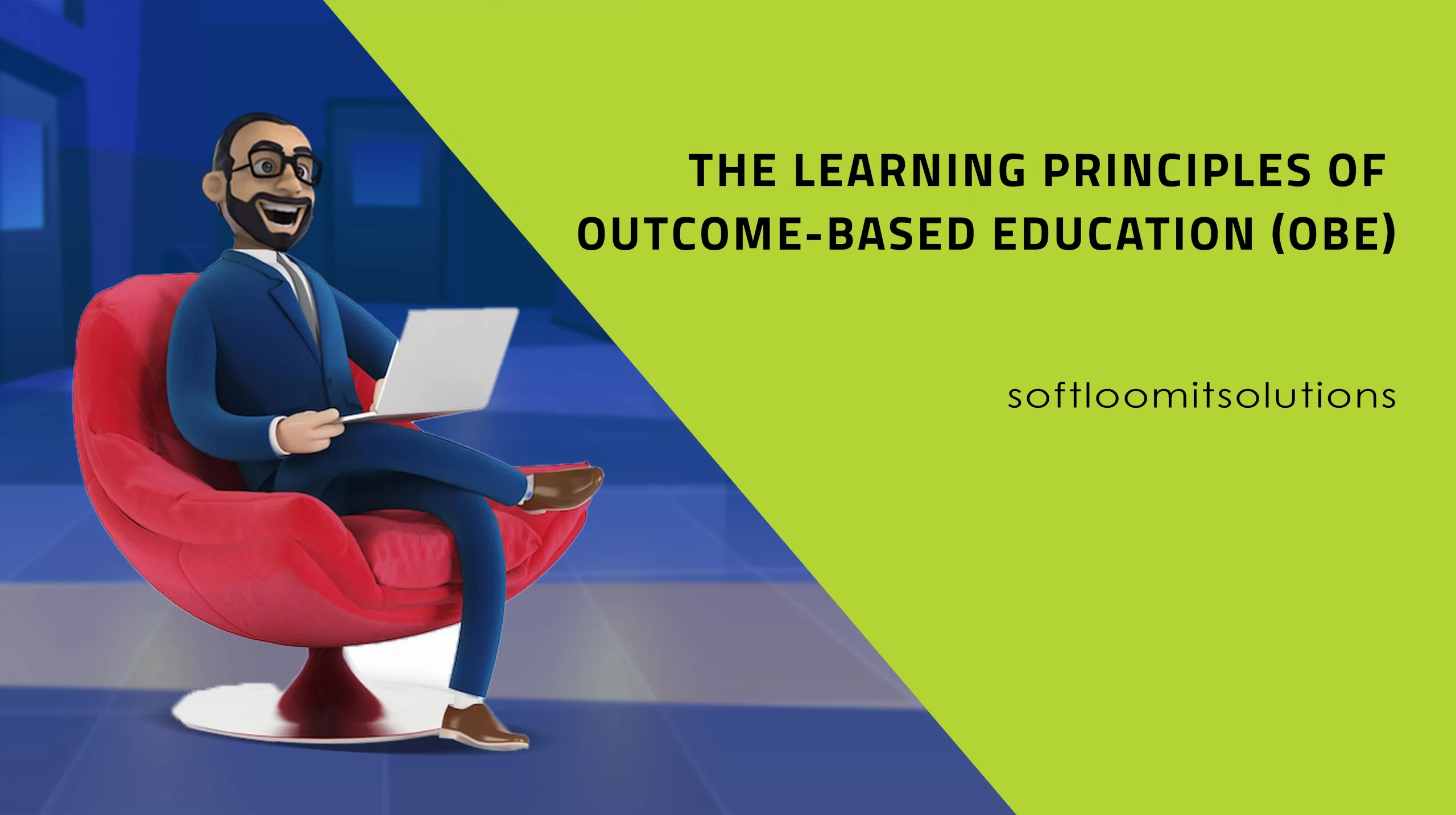The field of education is experiencing dynamic changes, with innovative pedagogical strategies becoming more prominent. One such notable approach is Outcome-Based Education (OBE), which has gained increasing recognition. Unlike traditional education systems that concentrate on the learning process, OBE prioritizes the result or “outcomes” of the learning process. This approach places the learner at the centre and provides numerous benefits that enhance a comprehensive and practical learning experience. Let’s explore the different learning principles that make OBE a groundbreaking and practical approach to education.
Outcome-Focused
The main principle of Outcome-Based Education (OBE) is its focus on outcomes. Unlike traditional teaching methods that prioritize delivering curriculum content without considering the students’ post-course abilities, OBE emphasizes the result of learning. It sets clear goals regarding observable skills and knowledge that learners should acquire by the end of the learning process. This approach guarantees the practical application of learning in real-world situations, making it purposeful and relevant.
Learner-Centric Training Models

OBE is centred around the learner, prioritizing their needs, abilities, and learning styles. The focus is on what the learner can gain and apply rather than what the teacher can deliver. This approach recognizes that each learner is unique, and teaching strategies are designed to cater to diverse learning preferences. OBE ensures that all learners can achieve their goals by providing personalized learning.
Up-to-Date and Fresh Content
With Outcome-Based Education (OBE), the curriculum is created to remain current and engaging. Unlike relying on old textbooks or resources, the curriculum is frequently updated to include the newest information and developments in the field. This adaptable aspect of OBE guarantees that students are equipped to tackle the challenges of a continually changing professional world.
More Opportunities
By prioritizing outcomes, the OBE system offers learners many opportunities to improve their skills & knowledge. Unlike traditional classroom-based learning, it incorporates practical exercises, group projects, and fieldwork to provide a more comprehensive and well-rounded education. This hands-on approach helps learners better understand how to apply their skills & knowledge in real-world situations.
No Failures
OBE stands for Outcome-Based Education, and one of its distinctive principles is the concept of “no failures”. This approach is based on the belief that every learner can succeed with the right amount of time and support. Unlike traditional education models that label some learners as ‘failures’ based on their performance at a specific time, OBE recognizes that different learners may require different amounts of time to achieve the same outcomes. Therefore, it promotes a continuous learning and improvement mindset rather than focusing on success or failure at any given moment.
Integrated Assessment Tests

In OBE, assessment is not limited to a single test but is instead a vital component of the learning journey. Assessment tools are purposefully crafted to gauge learners’ aptitude in achieving the desired results. These assessments are undertaken at various stages of the learning process, delivering ongoing feedback that enables learners to pinpoint their strengths and areas for development. This approach to formative assessment encourages perpetual learning and growth, fostering profound comprehension and expertise.
Conclusion
Outcome-Based Education is a significant departure from traditional educational models prioritizing learning outcomes and individual learning needs. The principles it adheres to – outcome-focused, learner-centric, incorporating up-to-date content, providing more opportunities, avoiding labelling learners as failures, and using integrated assessment tests – reflect a holistic, inclusive, and progressive approach to education.
By focusing on the desired outcomes, OBE ensures that learners are equipped with relevant skills and knowledge that can be applied in real-world contexts. By placing learners at the centre of the learning process, it fosters a more personalized, engaging, and effective learning experience. The principle of avoiding failure in OBE promotes a growth mindset, encouraging learners to see challenges as opportunities for learning and growth. Additionally, the integrated assessment process serves as a powerful tool for continuous feedback and improvement.
In conclusion, Outcome-Based Education, with its innovative learning principles, has the potential to revolutionize our education system into one that is more effective, inclusive, and responsive to the needs of learners and society. By embracing OBE, we can prepare learners not just to succeed in exams but to thrive in life and contribute meaningfully to the world.






